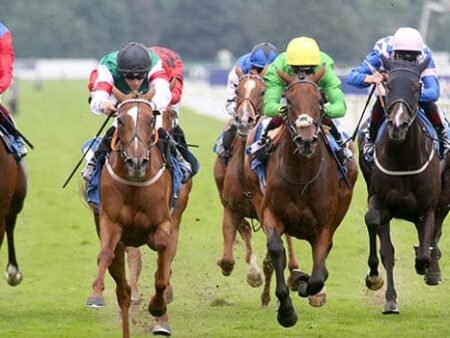The Australian state of Victoria is set to introduce a daily loss limit on poker machines in an attempt to diminish the negative impact associated with pokies. Additionally, Victoria plans to introduce an overhaul of the controversial tax cuts for gambling properties, The Guardian Australia reported.
The changes were outlined in an agreement between the Labor government and the Greens. According to the latter, the commitments came at the expense of their support for the Victorian Responsible Gambling Foundation Repeal and Advisory Councils Bill.
For context, the bill was recently debated in the upper house and passed with an amendment from the Greens before returning to the lower house.
As the bill’s name suggests, it would dissolve the state agency from July 1 and transfer its functions to the Department of Health. Gambling harm-related responsibilities, meanwhile, will be transferred to the Victorian Gambling and Casino Control Commission.
The Changes Will Limit How Much Players Can Lose
As mentioned, Victoria will now move to introduce an AUD 50 loss limit to all poker machines in the state. The default loss limit will be able to be changed by players once Victoria introduces the obligatory carded-play system.
This was confirmed by gaming minister Melissa Horne in a letter to MP Katherine Copsey.
I can confirm that the Victorian government will adopt a new mandatory pre-commitment system for clubs and hotels, and it will have a suggested daily loss limit of $50, consistent with your suggestion.
Melissa Horne letter
Horne further elaborated that this change is a part of the strongest suite of reforms yet, as Victoria seeks to change how gambling is regulated.
A timetable outlining when the changes will be introduced is not yet available.
The Changes Will Tackle the Controversial Tax Breaks
In addition to introducing a loss limit, the agreement between the Labor government and the Greens is set to tackle the controversial community benefit scheme that provides venues with tax breaks.
For context, the current system allows gambling machine operators to be taxed at a lower rate if they invest some of their profits back into the community. However, many operators have been reinvesting the money into their own operating costs and upgrades, writhing these expenses off as “benefitting the community.”
In her letter, Horne agreed with the need to overhaul the system. She invited Copsey to participate in the process to identify possible improvements.
Speaking of Copsey, she urged the government to proceed with the changes as quickly as reasonably possible.










